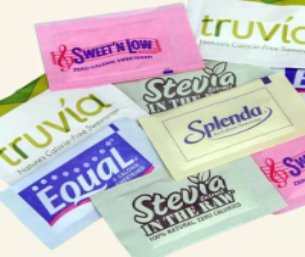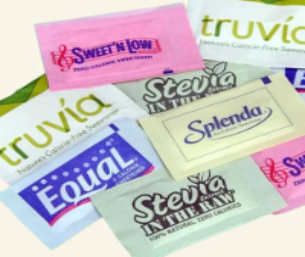Synthetic sweeteners are chemical or plant-based substances used to sweeten meals and drinks with out including energy.

✅ Aspartame, present in manufacturers like Equal and NutraSweet, is made by combining two amino acids—phenylalanine and aspartic acid—via a laboratory course of. It’s about 200 occasions sweeter than sugar and is usually utilized in food plan sodas and sugar-free merchandise.
✅ Saccharin, one of many oldest synthetic sweeteners, was found within the late 1800s and is synthesized from chemical compounds present in petroleum derivatives. It’s utilized in Candy’N Low and is round 300 occasions sweeter than sugar.
✅ Sucralose, the primary ingredient in Splenda, begins as common sugar however is chemically altered by changing three hydrogen-oxygen teams with chlorine atoms. This alteration prevents the physique from metabolizing it, so it passes via with out including energy. Though derived from sugar, sucralose is taken into account a man-made sweetener because of its chemical processing.
✅ In distinction, Stevia is extracted from the leaves of the Stevia rebaudiana plant, a shrub native to South America. Its lively compounds, steviol glycosides, are 200–400 occasions sweeter than sugar and don’t elevate blood sugar ranges.
✅ Different sweeteners like acesulfame potassium and neotame are additionally lab-created and are utilized in all kinds of processed meals and drinks. Whereas these sweeteners present a sugar-free possibility for individuals managing weight or diabetes, their security and long-term well being results stay a subject of ongoing analysis and debate.
Security profile and Medical Disclamers
Most synthetic sweeteners like aspartame, sucralose, saccharin, and acesulfame potassium are permitted by regulatory businesses such because the FDA and regarded secure when consumed inside really useful limits.
Aspartame, specifically, isn’t secure for individuals with phenylketonuria (PKU), a uncommon genetic dysfunction. (Medical Disclaimer).

